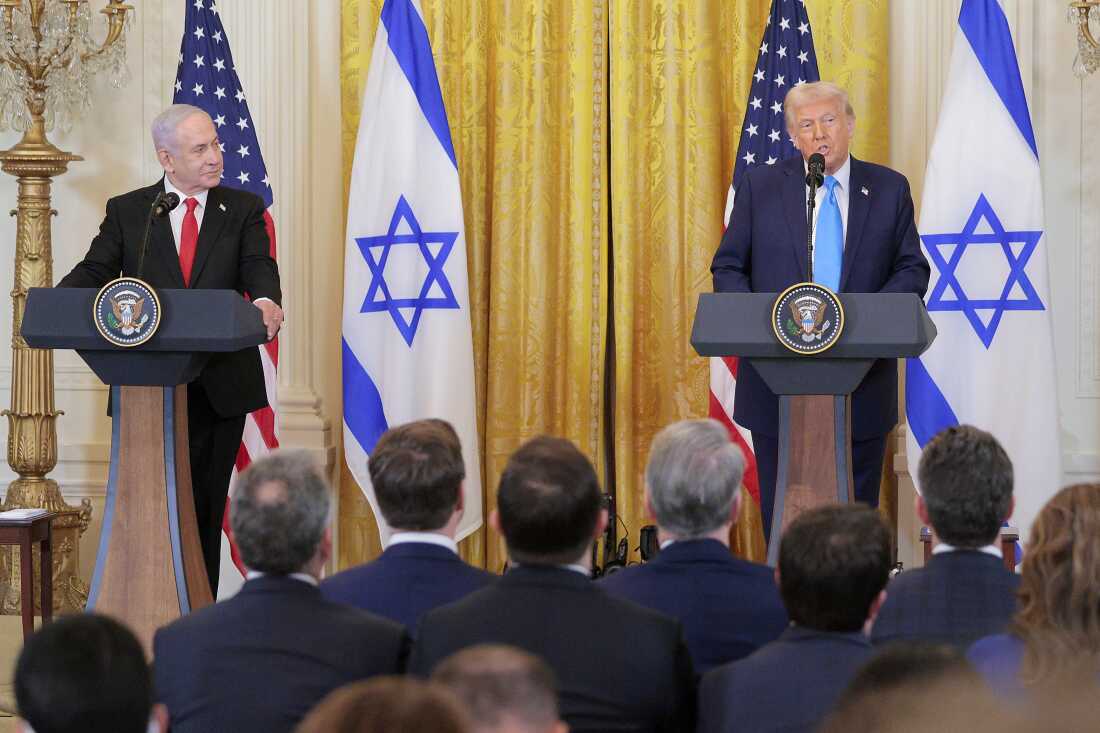Tensions between Pakistan and Afghanistan erupted into deadly violence over the weekend, leaving dozens of soldiers dead and prompting Islamabad to close several key border crossings. The clashes mark one of the most serious escalations between the two nations since the Taliban took control of Kabul in 2021.
According to Afghan officials, at least 58 Pakistani soldiers were killed after fierce overnight battles along the border. Pakistan’s military confirmed 23 fatalities among its troops and claimed it had inflicted “significant losses” on Taliban forces in retaliatory fire. Both sides accuse each other of initiating the assault.
Pakistan’s military says the clashes began after militants operating from Afghan territory attacked security outposts along the Durand Line, the disputed 2,600-kilometer frontier that divides the two countries. The Taliban government in Kabul, however, claims it was responding to Pakistani airstrikes that targeted border districts, calling Islamabad’s actions a violation of Afghan sovereignty.
The violence has forced Pakistan to seal all major crossings, including Torkham and Chaman, which serve as crucial trade and travel routes between the two nations. Smaller checkpoints such as Kharlachi, Angoor Adda, and Ghulam Khan were also closed, halting cross-border movement and stranding hundreds of civilians and truck drivers.
Residents near the frontier reported heavy shelling and gunfire throughout the night. By Sunday, the situation had calmed but remained tense, with military reinforcements deployed to sensitive zones. Local media in both countries described scenes of panic as families fled border villages in fear of renewed fighting.
The clashes drew swift reactions from regional powers. Qatar and Saudi Arabia reportedly intervened diplomatically, urging both nations to de-escalate. Zabihullah Mujahid, a spokesman for the Taliban, said Afghanistan would “defend its territorial integrity” but denied harboring Tehreek-e-Taliban Pakistan (TTP) militants accused of staging attacks inside Pakistan.
Islamabad, in turn, accused the Taliban of failing to curb cross-border militancy, saying Afghanistan had become a “launchpad for terrorists” targeting Pakistani forces. The Foreign Office of Pakistan issued a statement warning that it would take a “decisive response” if such incidents continue.
The recent bloodshed highlights a growing rift between the two governments, whose relationship has steadily deteriorated despite repeated pledges of cooperation. Analysts say both sides are under pressure — the Taliban from domestic groups demanding a strong defense, and Pakistan from a public weary of militant attacks in its tribal regions.
Humanitarian concerns are mounting as trade disruptions threaten food and fuel supplies in border provinces. Aid organizations have urged both governments to reopen crossings for essential goods and allow medical access to affected areas.
While sporadic ceasefires have been observed in the past, mistrust between Islamabad and Kabul runs deep. Without immediate diplomatic engagement, experts warn, the latest confrontation could spiral into a prolonged border conflict with far-reaching consequences for South Asia’s fragile stability.
Watch video below :










